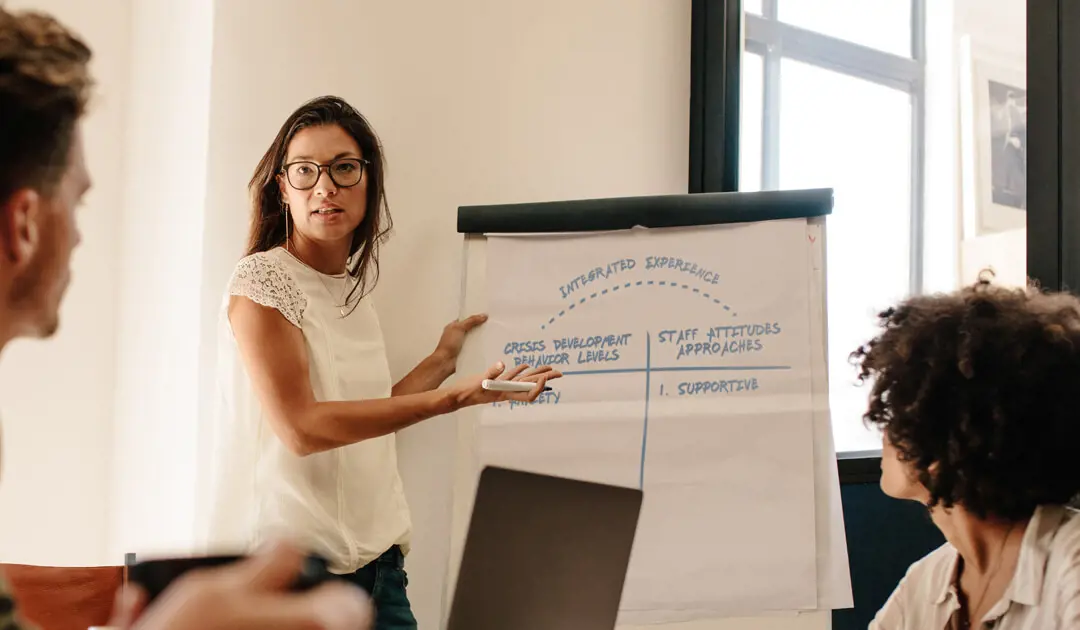How to Make Sure Your Training Benefits Everyone

When it comes to the delivery of training, there are many things to consider to ensure that the content and style are well received, relatable and relevant to the participants. If it feels like the spotlight is well and truly on you, it could seem like a minefield to navigate.
If you add into the mix a multitude of social and cultural aspects, then surely that gives any training facilitator more than enough to contend with.
If we consider cultural and social aspects specifically, what are some useful tools that can bring benefits to all involved?
Getting to know your group
Starting any training programme by introducing yourself to the group and inviting participants to do the same is an invaluable opportunity to gain an insight into not only the job roles of each individual, but also how they communicate and what is important to them. Of course, not all will be as forthcoming as you might like, but giving some ideas as to what would be nice to hear about people can be really helpful, such as “if people could let me know their name, role and a personal interest”.
An additional bonus here is once people have gotten to know their peers, they tend to be more active and willing in their subsequent participation.
Establishing ground rules
Setting out some clear guidance is a great way to promote a safe and respectful training environment. It is also an effective way to demonstrate what is expected from each person during the time you have together. In particular, establishing ground rules around communication and behaviour can be an excellent way to ensure that people from varying cultural and social backgrounds are at ease.
Clarifying the timings of the day (start, breaks and finish) is another useful tactic to assist with the smooth running of the programme.
Flexibility in expectations
If you are a training facilitator there are no doubt many things you have in mind that you need or would like to achieve by the end of your session, and most likely you have a plan as to how you are going to get there.
Experience shows however that people learn and develop in many ways, often influenced by their cultural and social background. It is sound advice to have a plan for your time, but don’t be afraid to mix things up and try putting things across to people in different ways. This might be adjusting activities, modifying your language and altering the time you spend on one aspect compared to another. Showing you have a flexible approach will also make for a more nurturing and involving session.
Cultural awareness
Having been fortunate enough to deliver training in the UK, Europe and the Far East, gaining a personal understanding of the key cultural differences of where the training is taking place has been fundamental to having a successful programme. It might be that there are factors around gender that need taking into account, or the style of presentation that is more culturally appropriate.
In other circumstances it might be that the language of the programme is not the first or even the second language of some (or all) of the audience.
In some cultures, the group may be more used to sharing their ideas whereas others may need some extra encouragement. Giving participants time to reflect and using names when calling on individuals to share will help to reassure them that their contributions are wanted and valued. It is always worthwhile being clued up around what is acceptable in terms of personal space and physical contact!
Spending the time getting to know the cultural and social dynamics of a group will mean that a training facilitator is better placed to provide a successful learning experience. Role-modelling your expectations in communication, conduct and participation, whilst being flexible to evolving needs and situations will without doubt also be of benefit.
There are so many wonderful experiences to be had when training among cultural and social differences, and with a bit of careful consideration and preparation, those moments are there to enjoy.